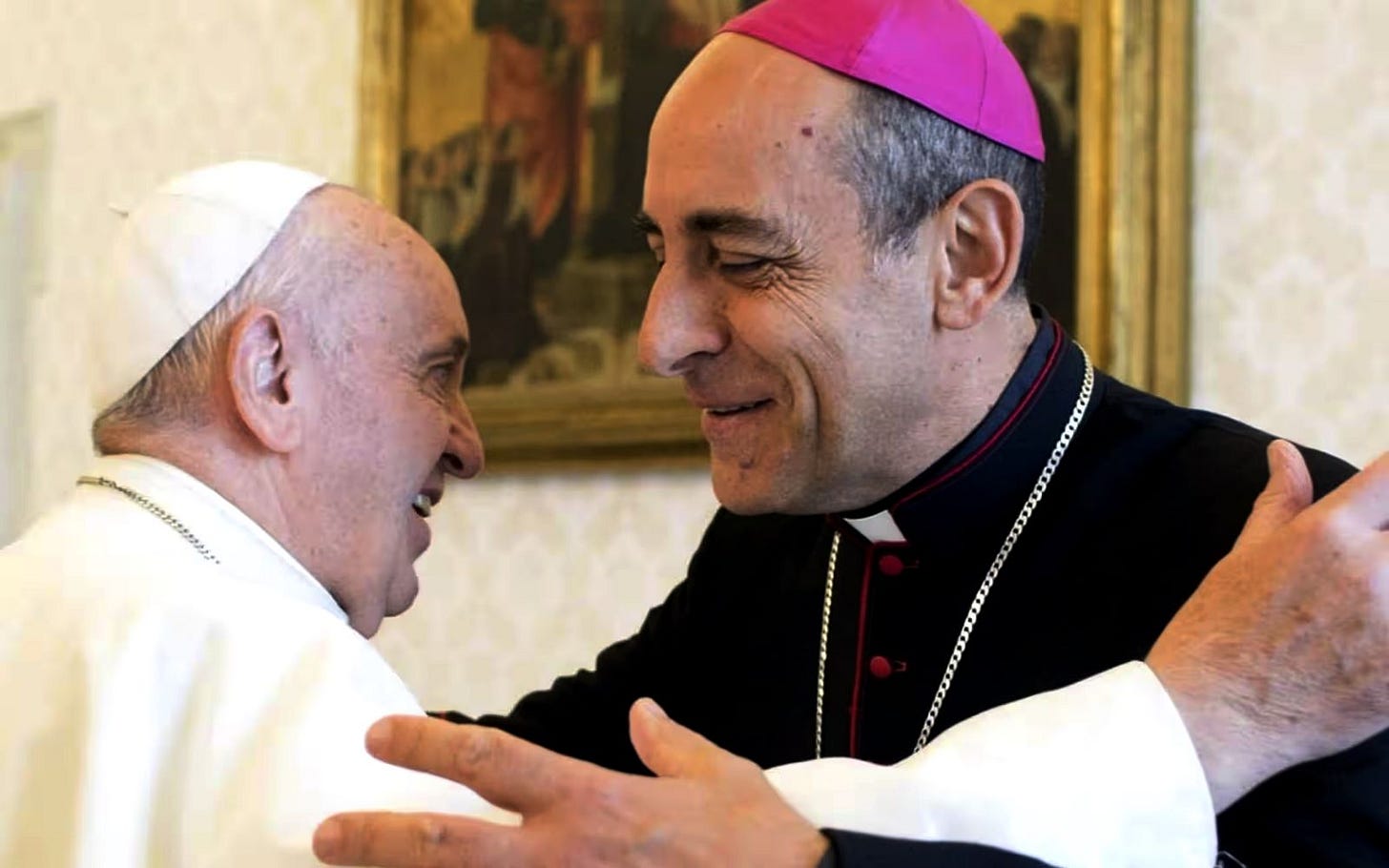What 'Fiducia supplicans' declares about papal power
The DDF's declaration on blessings may actually say more about papal power, bishops' authority, and Vatican Council II
The Dicastery for the Doctrine of the Faith issued Monday Fiducia supplicans, a declaration on the “pastoral meaning of blessings,” specifically treating the blessing of Catholics in irregular unions or same-sex couples.
The declaration, which provides a rationale for the blessing o…

